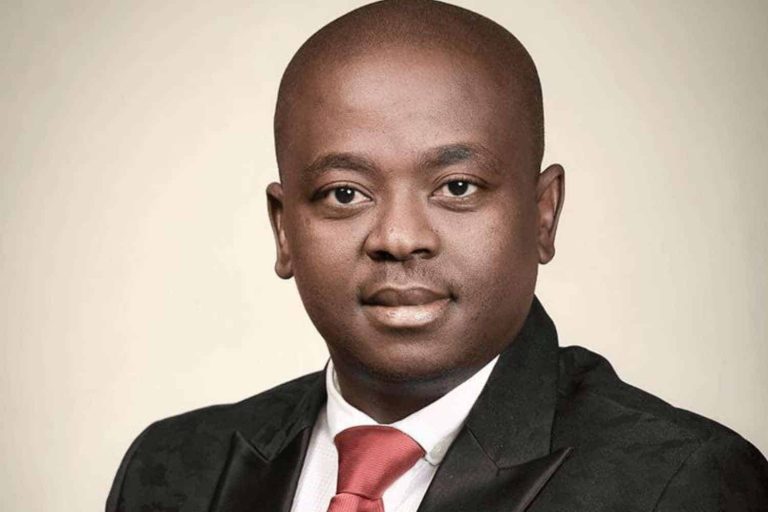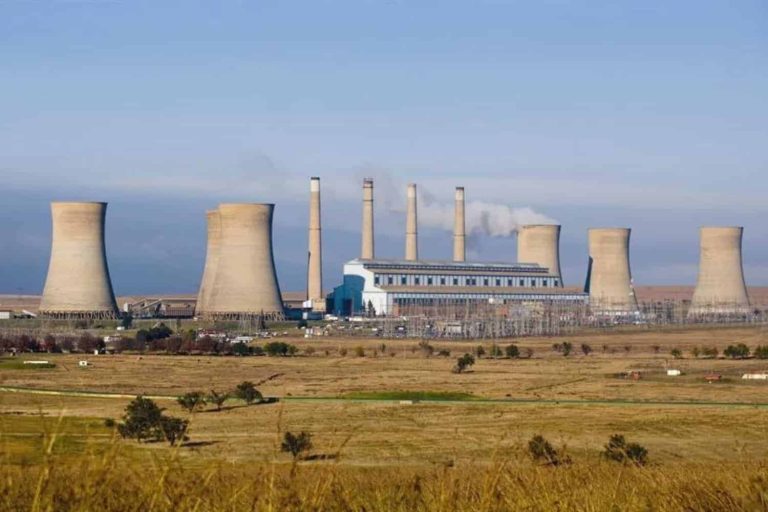US President Donald Trump announced on Wednesday that he had signed a bill ordering the release of all files related to the late convicted sex offender Jeffrey Epstein.
The legislation requires the justice department to release all information from its Epstein investigation “in a searchable and downloadable format” within 30 days.
Trump had previously opposed releasing the files but changed course last week following pressure from Epstein’s victims and members of his own Republican Party. With his support, the bill passed both chambers of Congress on Tuesday with overwhelming backing from the House of Representatives and unanimous consent in the Senate.
“Perhaps the truth about these Democrats, and their associations with Jeffrey Epstein, will soon be revealed, because I HAVE JUST SIGNED THE BILL TO RELEASE THE EPSTEIN FILES!” he wrote.
Although Trump could have ordered the release without congressional action, lawmakers in the House approved the legislation in a 427-1 vote. The Senate swiftly cleared it and sent it to the president for his signature.
The files to be released include documents from criminal investigations into Epstein, such as transcripts of interviews with victims and witnesses, items seized in property raids, internal justice department communications, flight logs, and details of people and entities linked to Epstein.
These materials differ from the more than 20,000 pages of documents from Epstein’s estate released by Congress last week, some of which directly referenced Trump. Among them were 2018 messages from Epstein in which he said of Trump: “I am the one able to take him down” and “I know how dirty donald is”.
Trump and Epstein were friends for years, though the president has said they fell out in the early 2000s, two years before Epstein’s first arrest. Trump has repeatedly denied any wrongdoing related to Epstein.
Speaking to reporters on Monday night, Trump said Republicans had “nothing to do with Epstein”, adding: “It’s really a Democrat problem. The Democrats were Epstein’s friends, all of them.”
The family of Virginia Giuffre, who died by suicide earlier this year, called Trump’s signing of the bill “nothing short of monumental” for Giuffre and other survivors. “As we look towards the next chapter, we remain vigilant. This work is not finished. Every name must be revealed, regardless of power, wealth, or party affiliation,” her brother and sister-in-law, Sky and Amanda Roberts, said.
Epstein was found dead in 2019 in his New York prison cell, with the coroner ruling his death a suicide. He had been awaiting trial on sex trafficking charges and was previously convicted in 2008 of soliciting prostitution from a minor.
The financier had links to several high-profile figures, including Andrew Mountbatten Windsor, Trump, former Trump adviser Steve Bannon, and various personalities from politics, media and entertainment.
On Wednesday, former Harvard president Larry Summers took leave from teaching while the university investigated his links to Epstein, revealed through a series of friendly email exchanges.
Under the new law, Attorney General Pam Bondi must release “all unclassified records, documents, communications, and investigative materials” related to Epstein and his co-conspirator Ghislaine Maxwell within 30 days of enactment. Maxwell is currently serving a 20-year sentence for sex trafficking.
However, portions of the files may still be withheld if they risk invading personal privacy or interfering with active investigations. Bondi can also withhold information that could jeopardise ongoing federal cases or expose victims.
Republican Congressman Thomas Massie, one of the bill’s architects, voiced concern about potential loopholes. “I’m concerned that [Trump is] opening a flurry of investigations, and I believe they may be trying to use those investigations as a predicate for not releasing the files. That’s my concern,” he said.
Faridah Abdulkadiri



